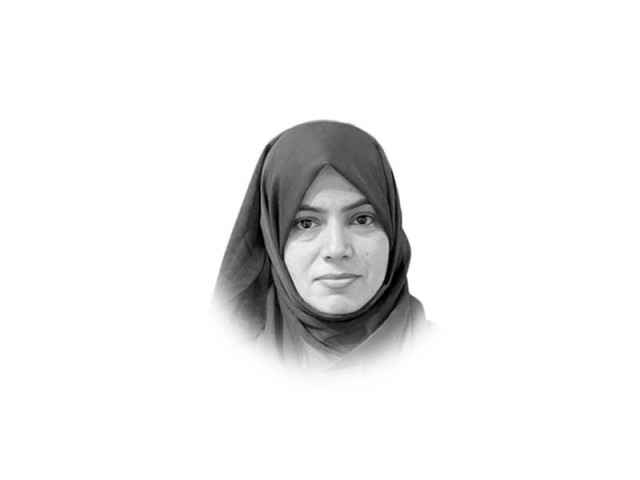The enemy within
There is an economic drain due to draconian corruption

A nation renowned for its vibrant culture and diverse beauty, an adversary more insidious than any foreign threat lurks within its borders. This enemy doesn’t don uniforms or wave flags; it is the pervasive plague of systemic corruption and pandemic injustice — the profound social and economic issues that stem from the misuse of power by bureaucrats, the judiciary and government representatives. These internal problems create ongoing suffering, slowing our nation’s growth and negatively affecting its future with lasting consequences.
There is an economic drain due to draconian corruption. It has infiltrated every corner of our society and governance, sapping our nation’s vitality. It diverts precious financial resources away from vital sectors such as education, healthcare and infrastructure. Instead of ensuring progress, these funds disappear into the pockets of the corrupt, leaving our economy stagnant and development stifled. The dream of a prosperous Pakistan remains elusive as funds meant for progress end up in the wrong hands.
This supplements poverty and bears support to inequality. When essential services like healthcare and education are compromised, it is the impoverished who suffer the most. Meanwhile, the privileged remain largely unscathed, extending a divide that threatens our societal fabric.
As it tightens its grip, it erodes the credibility and efficiency of our public institutions. Bribery and nepotism have become the norm, erasing the ideals of meritocracy. This demoralises the bureaucracy and corrodes trust in public services. Institutions designed to serve the people have transformed into tools of self-interest.
Corruption permeates every aspect of our nation, including economic growth. Both foreign and domestic investors are hesitant to engage in a corrupt environment. This wariness stifles economic progress, impedes job creation and acts as a significant barrier to achieving sustainable development.
In the arena of compromised justice, Pakistan falls victim with another formidable foe — social injustice. Embedded in our society, this adversary takes on numerous forms, affecting various aspects of our lives. Our judiciary, intended to safeguard justice for all, often falls short. Equal access to justice remains a distant dream, with the wealthy and powerful manipulating the legal system while marginalised groups struggle for their voices to be heard.
Land ownership disputes have become synonymous with injustice in Pakistan. Powerful landlords often exploit the vulnerable, fueling a cycle of land deprivation. This not only dispossesses the marginalised but also deepens the cavity of inequality, further dividing our nation.
Pakistan continues to struggle with severe gender inequality — something which stifles the potential of half our population and undermines our societal progress. Religious minorities face systemic discrimination, limiting their opportunities and infringing upon their right to practice their faith freely. This discrimination fractures our national unity and deprives us of the diverse perspectives that could enrich our society.
What makes this enemy within even more insidious is the back-and-forth between corruption and injustice. Corrupt officials often perpetuate injustice to shield themselves and their allies from accountability. This toxic dynamic erodes the foundations of our nation’s growth and stability, chaining us to a cycle of suffering that seems unending.
In a damaging interplay, an unfair system keeps getting worse, making the gap between the poor and the rich bigger. This inequality within society causes problems, breaking the peace and making people unhappy.
The enemy within — corruption and injustice — darkens Pakistan’s progress. Recognising the profound social and economic consequences of these issues is the first step toward combating them. It is primary duty to eradicate corruption, ensuring transparency and striving for equitable access to justice. It’s time to confront the enemy within and overlay the way for a brighter future that upholds the dreams of every Pakistani.
Published in The Express Tribune, April 24th, 2024.
Like Opinion & Editorial on Facebook, follow @ETOpEd on Twitter to receive all updates on all our daily pieces.
















COMMENTS
Comments are moderated and generally will be posted if they are on-topic and not abusive.
For more information, please see our Comments FAQ